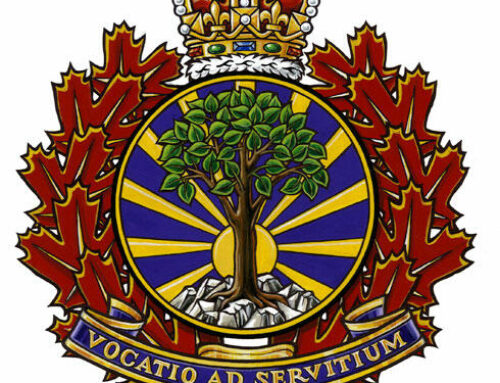Your kingdom come. Your will be done, on earth as it is in heaven.
Matthew 6:10 (NRSV)
During the Season of Lent, the United Church in Meadowood (UCiM) will be engaging line by line with the Lord’s Prayer. This week’s exploration has delved into the second line of the prayer. I hope, therefore, that these Lenten blogs, honour those faithful conversations, which are occurring within our community of faith.
As I listened to U2’s song, Yahweh, and began to wrestle with the second line of the Lord’s Prayer this week, I kept hearing Philip Yancey speaking …
God has made the work of the kingdom dependent on the notoriously unreliable human species
Prayer: Does it Make Any Difference
Philip Yancey, 2010
The Kingdom is one of those terms that is often divisive, most definitely used in traditional media to inflame, incite arguments and generally paint Christianity as a wee bit nutty and possessing a whole lot of judgement. In fact, it’s likely so effectively disseminated in this manner that it seems likely – to me and only anecdotally so – that this is one of the significant reasons sharing the Good News in the 21st century is so very challenging. The sound bite is often louder than the Word … or so it might seem …
A helpful guide or reminder comes from William Willimon who observes, "that faith in Jesus is not an idea or emotion. It is a concrete reality." Whatever metaphysical or mystical aspects might also define the Kingdom, when this word is used in the Jesus Prayer, we must confront the immediacy of the Now, that "concrete reality." This Kingdom, for which Christians have sought, imagined and for which we have and do long, is a place in which you and I must confront some truths that might cause discomfort, challenge and even lead to places of danger.
At the core of the Kingdom is the question of who is in and who is out. And – if we have some comfort in seeing Jesus' ministry as it was – it was not offered to those who enjoyed comfort and privilege. It occurred – most often –in the context of the outsider, the stranger, the marginalised and the oppressed. If we are again comfortable wrestling with truth, that's likely not our – either my or you the Reader – context. Yes, that's an assumption, but the reason we are notoriously unreliable – to borrow from Yancey – is that we want to believe we are at the centre of the story … and the story of this Prayer, I would suggest, forces us to ask if that's actually true.
I’m not sure there’s an answer that fits all of us, but I do think there is a reminder about our intention when we say the prayer. The prayer, as this second line boldly reminds us, is not about being passive. It is as much an invocation to the Holy as it is a call to action. These questions and our Christian journey should not lead us to passive acquiescence. We are expected to question, discern, wrestle in discomfort because this task of the Kingdom is too important to let someone else summarise its meaning through a sound bite. How we live into our understanding of the Kingdom is just one way we model discipleship in our actual living. And how we model that is – perhaps – a faithful way to recognise and let go of privilege in a human world ripe with an imbalance of have and have not. And in so doing be the transformation we are invited to become.
Our power to transform the world is God’s power.
Praying the Kingdom: Towards A Political Spirituality
Charles Elliot, 1986








Your reflections are most welcome!